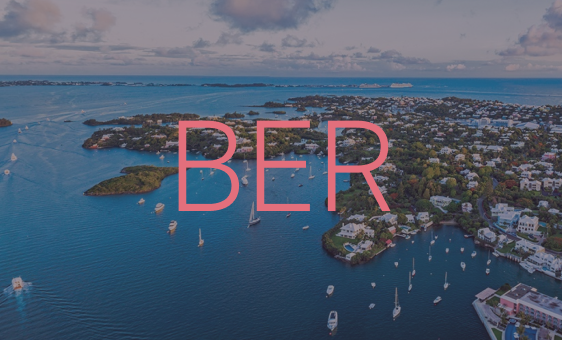The growth of fintech has been the focus of efforts by the Bermuda Business Development Agency, Government’s Fintech Bermuda group and industry stakeholders with a view to making the industry one of the pillars of doing business in Bermuda.
With the support of technology-specific legislation, while also leveraging the island’s significant expertise in regulatory management, Bermuda has been able to attract fintech companies and digital assets business at an increasing rate.
Understanding the importance of maintaining a respectable jurisdictional reputation and bearing in mind the risk appetite of the Bermuda Monetary Authority, are imperative when considering changes to Bermuda’s technology and innovation sector.
Consequently, as the industry develops and innovation grows, the legislation and regulation underpinning this growth must also evolve.
One such evolution has recently been seen in amendments made to the Digital Asset Business Act 2018, which became operative in September of last year.
DABA regulates digital asset business carried on, in or from within Bermuda and provides that a person cannot carry on DAB in or from within the island unless the person is a licensed undertaking in one of the classes specified under DABA or falls within an exempt category as provided in an exemption order issued pursuant to DABA.
DAB means the business of providing any or all of the following activities to the general public:
• issuing, selling or redeeming virtual coins, tokens or any other form of digital asset;
• operating as a payment service-provider business using digital assets which includes the provision of services for the transfer of funds;
• operating an electronic exchange;
• providing custodial wallet services;
• operating as a digital asset services vendor.
DABA defines digital assets as anything that exists in binary format and comes with the right to use it and includes a digital representation of value that:
• is used as a medium of exchange, unit of account, or store of value and is not legal tender;
• is intended to represent assets such as debt or equity in the promoter;
• is otherwise intended to represent any assets or rights associated with such assets; or
• is intended to provide access to an application or service or product by means of a distributed ledger technology.
Two classes of licence were created under DABA:
• class F licence, under which the applicant shall be licensed to provide any or all of the digital asset business activities; or
• class M licence, under which the applicant shall be licensed to provide any or all of the digital asset business activities for a defined period determined by the BMA which may be extended upon application to the BMA.
After being operative for a year, the BMA and industry saw the need to amend DABA to allow for more flexibility in oversight by the BMA, and new classes of licences.
The Digital Asset Business Amendment Act 2019 replaces the existing definitions of “exchange”, “digital asset services vendor”, “market maker” and “qualified custodian” to give clarity to their meaning and the expectations of the BMA in respect of those activities.
New provisions have also been adopted that give the BMA the discretion to waive or reduce digital asset licence fees, provided certain criteria is met, and to make provision for the enhancement of oversight by the BMA of digital asset service providers.
The new licences available under the amending legislation are:
• “digital asset benchmark administrator” which is a person that controls a digital asset benchmark, being an index or figure used to calculate the amount payable under a digital asset;
• “digital asset derivative exchange provider” which is a person that creates a marketplace for digital asset derivatives issuances, distributions and trades; and
• “digital asset trust services provider” which is a person who carries on the business of acting as a fiduciary, agent, or trustee on behalf of another person for the purpose of administration and management of a digital asset.
The DABA Amendment Act is a direct result of Bermuda responding swiftly to the needs of industry and providing a flexible yet reputable jurisdiction in which to conduct business.
As the innovation and technology sector on-island continues to evolve, we expect that Bermuda’s legislative and regulatory framework will evolve along with it. Watch this space.



















